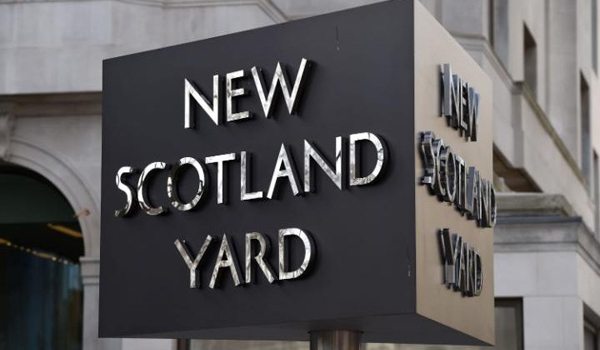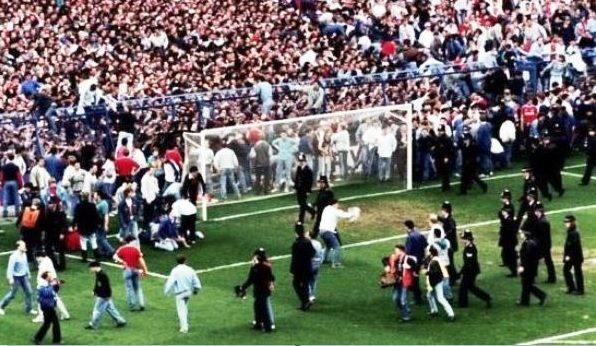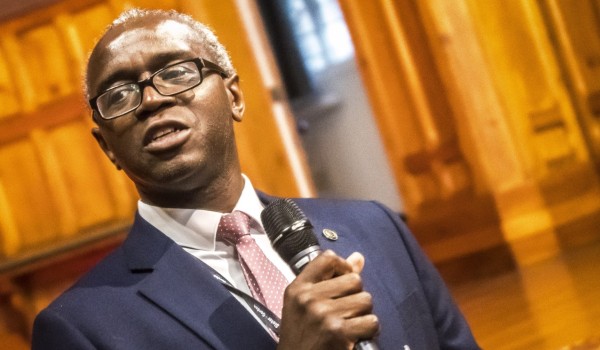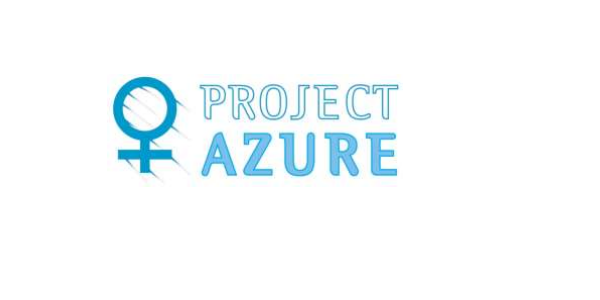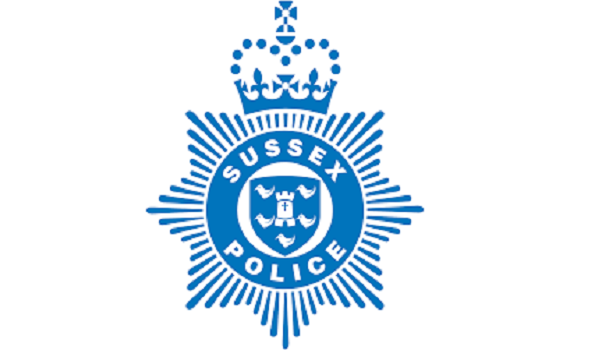Worboys judgment shockwave: Justice Secretary applauds Parole Board chairman's resignation
Parole Board chairman Nick Hardwick is understood to have been “forced to resign” ahead of a landmark High Court ruling today that John Worboys must remain in prison.
Mr Hardwick stood down as two of Worboys’ victims celebrated successfully overturning the Parole Board’s controversial decision to release the ‘black cab rapist’.
In his letter of resignation, Mr Hardwick said Justice Secretary David Gauke had told him his position was “untenable”, adding he was “sorry for the mistakes that were made in this case”.
And Mr Gauke confirmed on Wednesday (March 28) to Police Professional that Mr Hardwick’s departure from the post is the “correct decision in light of the serious failings outlined in today’s judgment”.
Looking to a new leadership team seeing through “vital changes”, the Justice Secretary added: “It is crucial the Parole Board now takes all necessary measures to ensure that public confidence is maintained in its decision-making processes.”
London Mayor Sadiq Khan, who brought the judicial review with two unnamed victims, called for an “urgent overhaul” of the way Parole Board decisions to release offenders are made.
Responding to the High Court’s judicial review, the Parole Board praised the “bravery and determination” of the two women who brought the challenge.
Three judges – Sir Brian Leveson, Mr Justice Garnham and Mr Justice Jay – gave their ruling in the action against the Parole Board at the High Court in London on Wednesday morning (March 28).
The High Court judges said the Parole Board “should have undertaken further inquiry into the circumstances of his offending”.
The announcement in the case follows a two-day hearing earlier this month at which lawyers for the victims argued that something went “badly wrong” with the board’s decision to free the 60-year-old sex attacker, arguing that the ruling was “irrational” and should be quashed.
The judicial action lifted a cloak of secrecy surrounding the Parole Board’s processes – enabling Worboys’ victims and the public to find out why it had been ruled safe to release him.
Worboys has served ten years, including remand time, of an indeterminate prison sentence.
Now going by the name John Radford, he was jailed indefinitely in 2009 with a minimum term of eight years after being found guilty of 19 offences, including rape, sexual assault and drugging 12 victims.
Worboys became known as the black cab rapist after attacking victims in his hackney carriage.
At the conclusion of the hearing on March 14, the judges continued a temporary bar preventing Worboys’ release, which was originally granted in January.
Mr Khan welcomed the decision, adding it would bring “some reassurance to his victims and to all Londoners”.
He said he was pleased to have played a part in “quashing the Parole Board’s decision and will help to maintain Londoners’ confidence in the criminal justice system”.
But he added that “regardless of today’s rulings” there need to be an urgent overhaul of the way Parole Board decisions to release offenders are taken.
The mayor argued: “The shocking failures in the way John Worboys’ victims were treated has damaged confidence in the criminal justice system and the time has come for more transparency surrounding decisions to let offenders out of prison.”
At the previous court hearing earlier this month, Edward Fitzgerald QC, lawyer for Worboys, described the hearing as “drastic and unprecedented”, saying his client had been “granted his freedom and then had it taken away from him”.
He said it was a “unique case” and urged the judges to “exercise the greatest care and scrutiny” when considering whether or not to interfere with the Parole Board conclusion that had “directed it”.
Mr Fitzgerald added that he had completed his tariff and he is therefore entitled to be released if it is not necessary for the protection of the public that he be detained.
The Parole Board argued that its decision was “lawful and rational” and was based on appropriate evidence.
The hearing was told that had it not been for the claimants’ action – the first time that victims had judicially reviewed a Parole Board decision – the errors would “never have been discovered.”



